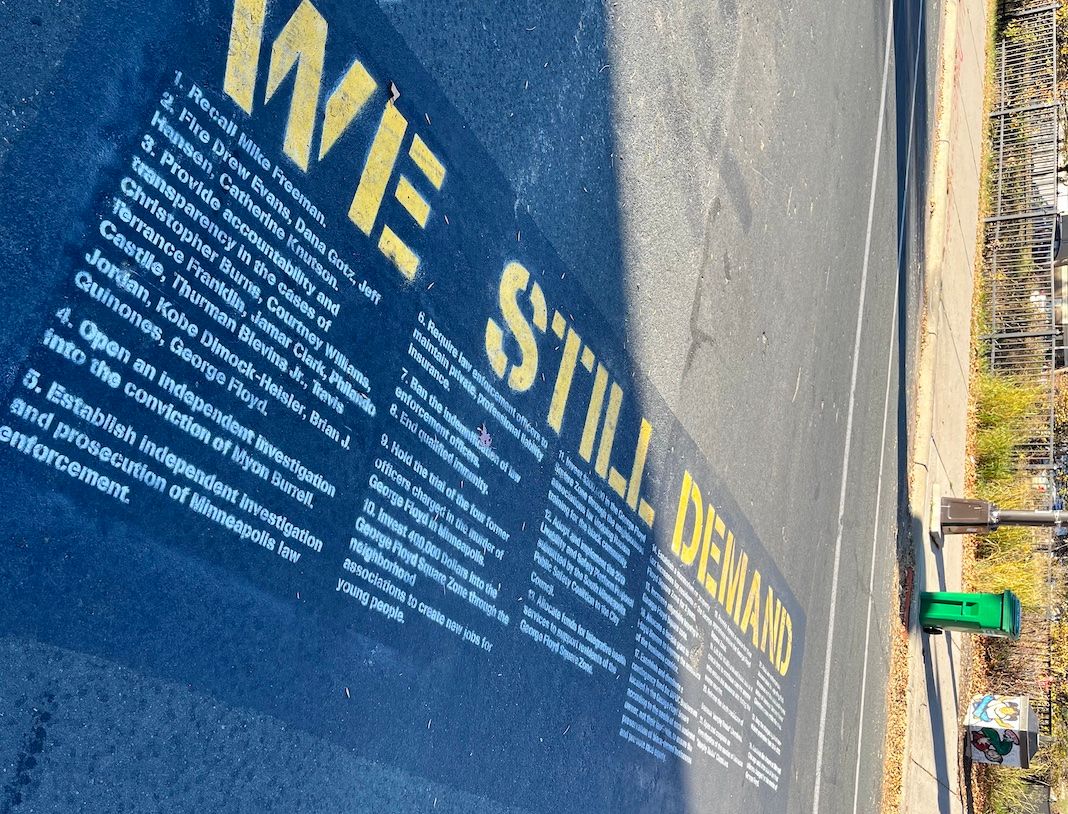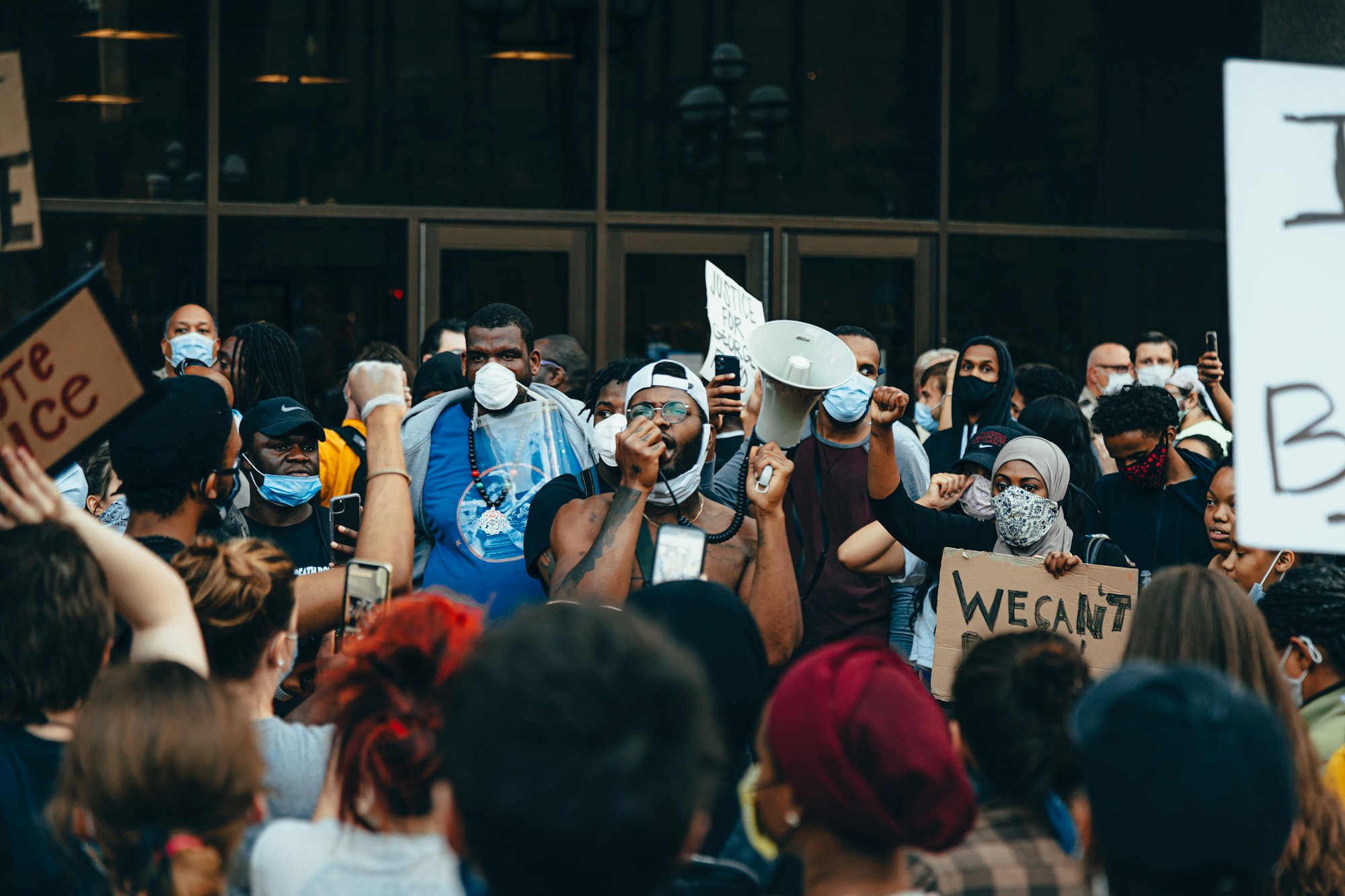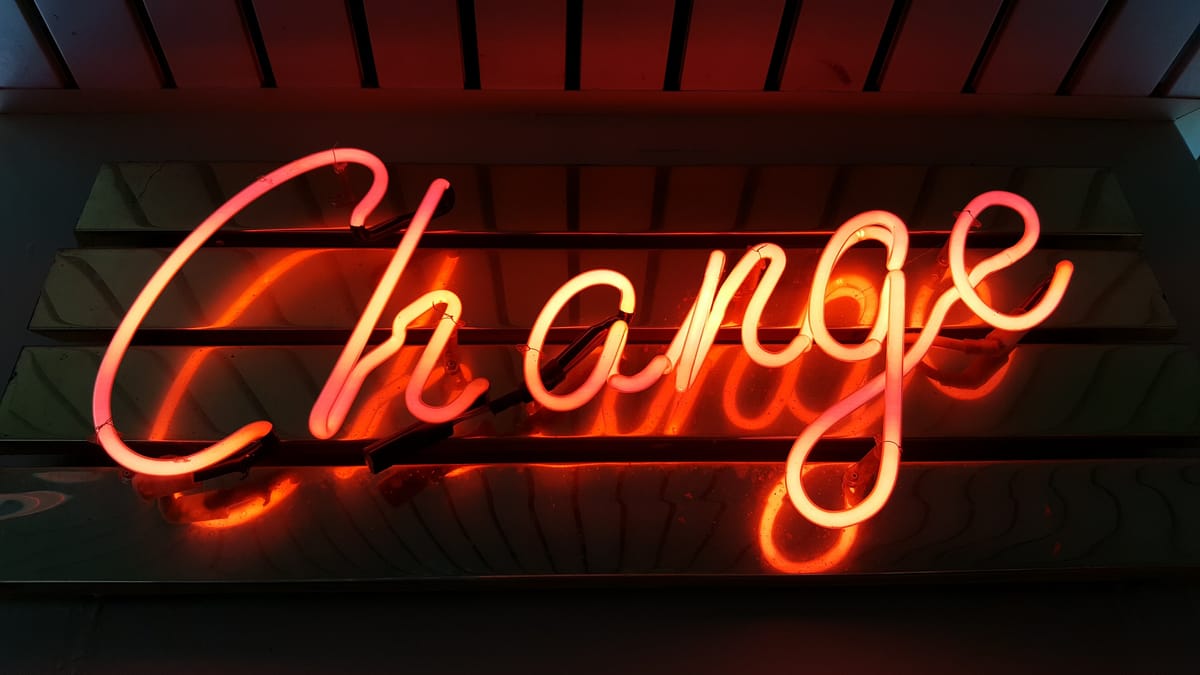This essay originally appeared in CT No. 117: Virality vs. cached memory, which was sent to paid subscribers on April 7, 2022.

Only about 300 of you received the newsletter I'm referencing, so if you want to catch up...
Early last month I attended concerts two nights in a row, maskless, packed in clubs with fans and bands that were essential during the pandemic years. I hugged friends. I talked to strangers who were closer than 6 feet away. Other than presenting my vaccination card upon entry, everything seemed As Before.
Until I felt a stranger's sweat on my skin as they pushed past me. Smelled the aftereffects of too many beers. Pondered the likelihood and magnitude of respiratory droplets in the air as everyone sang along with every word. I've never been a germaphobe, but after two years of social distancing, reintegration was revolting. Maintaining my cool did not come as easily.
I wasn't actively thinking about local politics or law enforcement or the number of people who would die of COVID that day (8,177 globally). I actively tried to forget anything other than the excitement of an up-and-coming band playing an excellent set, but a version of this image crept into my mind every time I cheered or sang.

I've changed permanently.
Two years ago I wondered what our narratives of the pandemic would be, especially after it was "over." In narrative, endings give stories meaning so we can make sense of events. I wrote, "Endings falsely iron our cognitive dissonance away."
During the COVID-19 pandemic, many people anticipated the ending to be "When we return to normal." In many American states, normal has technically returned. Mask mandates are lifted, and workers are heading back to the office. A war on the other side of the world is disconcerting at best, a reminder that whatever "normal" years we had were rooted in immense privilege and hubris.
This ending feels like a drawn-out denouement from a European art house film, rather than a tidy American commercial. I would call it a multiverse, but that's as much a fictional construction as summarizing a pandemic in a textbook paragraph. It's an ending where loved ones are still getting sick, because it's not an ending.
So while I feel reinvigorated, alive, finally operating at full capacity for the first time in two years, it's impossible to ignore the permanent changes in my outlook, in our collective behaviors.
Just as the scientific drawings of respiratory droplets remain embedded my memory cache, the messy conclusions of my pandemic experience will guide my work life for years to come.
A shallow marketing or media blogger might say something like "Let your content be the droplets," claiming virality is necessary for content and business success. "Let your stories infect your audience!" Folks begging for eyeballs over meaning are brilliant at misreading.
But viral metaphors are callous in the after-era.
Many of us are still begging to slow the pace of information, keep the brakes on the pace of work, to remain on the slower side and make room for conversation. As we make our plans, pivot-ready but with more permanence, reexamine how we make meaning and experiment with the deeper formats available to us, strengthening our connections to the good tools we've already built.*
My conclusions from the past two years include:
- If we feel it's worth it to pay attention, we are all capable of processing complex stories.
- We must support the world we have, starting with our neighborhoods and cities, then building outward.
- Response shapes the big picture far more than story, no matter how intentionally you craft a narrative.
- We all take change at our own pace, and we all drag our feet sometimes.
- Authentic consent from our audience is critical to any content business from here on out.
- The numbers are still critical to the story, but they are never the whole story.
- The science is critical to the story, but never the whole story.
- Taking care of my mental and physical health is more important than career success.
- Many people have more empathy than you'd expect. A few have less, and they're the loudest.
- If I'm not sure whether I feel well, I'll stay home. If I need to run an errand and feel iffy, I'll wear a mask.
- Vaccination works.
*I've said it before and I'll keep saying it: if you want to invest in content with permanence, it's a great time to build a website.
Hand-picked related content







